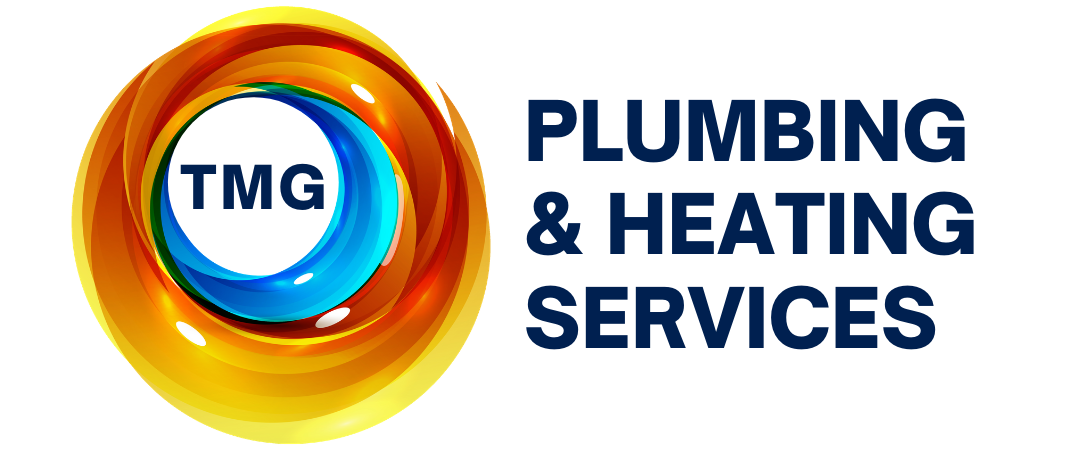Heat Pumps - Frequently Asked Questions
How does a heat pump work?
In essence, a heat pump takes the same principle as a fridge and reverses it. A heat pump takes the available heat from the air surrounding your property and increases it to a more useful temperature for use in the home. This renewable source of heat can be used to create warm air or water for space and central heating such as underfloor heating or radiator system as well as hot water for your hot water supply. The heat pump is regarded as a much more efficient and environmentally friendly heat source as it does not burn fossil fuels but works off electricity.
The air source outside is pumped over the heat exchange part of the pump. This heat then turns the refrigerant liquid to gas which is put through a compressor to increase the pressure of the gas. This causes the temperature to rise and pass over an internal heat exchange unit. This heat is then transferred into the central heating system or a hot water cylinder to heat the water. Once the heating is not required, the gas cools and returns back to it’s liquid state, where the process starts again.
If you are looking to get a heat pump installed or are building a new house, you can contact TMG Plumbing & Heating Services through our contact form and we will arrange a site visit.
What are the advantages of a heat pump?
Installing a heat pump system in your home (which needs to be very well insulated for the heat pump to work efficiently) gives you a very steady heat source which is very comfortable to live in with a constant ambient temperature. Installing a heat pump in your well insulated home will be more energy efficient and reduces your carbon emissions as you will not be burning fossil fuels.
Heat pump systems need less maintenance once installed correctly and are safer than running oil or gas boilers to heat your home.
What are the disadvantages of a heat pump?
Unfortunately the initial installation of the heat pump system is more expensive than a standard oil or gas boiler system. Because heat pumps rely on electricity to run, they are not 100% carbon neutral. It depends on the source of your electricity. Heat pumps will only work efficiently when your home is well insulated and you have upgraded your windows and doors.
What types of heat pumps are there to choose from?
The most popular type of heat pump is an air source heat pump. This extracts heat from the outside air usually using an external unit. These can be a bit cheaper and easier to install.
A ground source heat pump can also be used. This works by a series of pipework (either horizontal or vertical) drawing heat from the ground and transferring it into the heat pump.
Thirdly a water source heat pump can be used drawing heat from a water source such as a lake, river or stream.
Here at TMG Plumbing & Heating we specialise in air source heat pumps. To enquire more about this contact us through our contact form.
Does a heat pump heat water?
Yes a heat pump can also be connected to a hot water cylinder to heat your water as well as your heating system.
Does a heat pump run all the time?
This depends on the temperature you set your heating system too. During the winter your heat pump will have to work harder to bring your home up to temperature. Also a heat pump will run longer than a standard boiler but are still more efficient. Your heat pump must also be sized correctly to the size of the space it is heating to be efficient. If however it is running constantly during the summer time there may be an issue with the system such a blocked air heat exchangers, a refrigerant leak or problems with the thermostats so it may need to be checked by the installer or a registered service engineer.
Does a heat pump have to be on an outside wall?
The condenser unit of an air source heat pump system needs to be installed outside. However, the air handler portion can be installed internally in your home.
Does a heat pump only work with underfloor heating?
A heat pump certainly will work much more efficiently with underfloor heating as both systems operate at a much lower temperature than that of a radiator system. You can run a radiator system off a heat pump. Steel panel radiators, cast iron radiators, fan-assisted radiators, fan-coils, thermal skirting and blown air systems, depending on the design of the system, could all work.
If you have any questions or queries regarding a heat pump installation, please contact us on our contact form and we will arrange a site visit.


